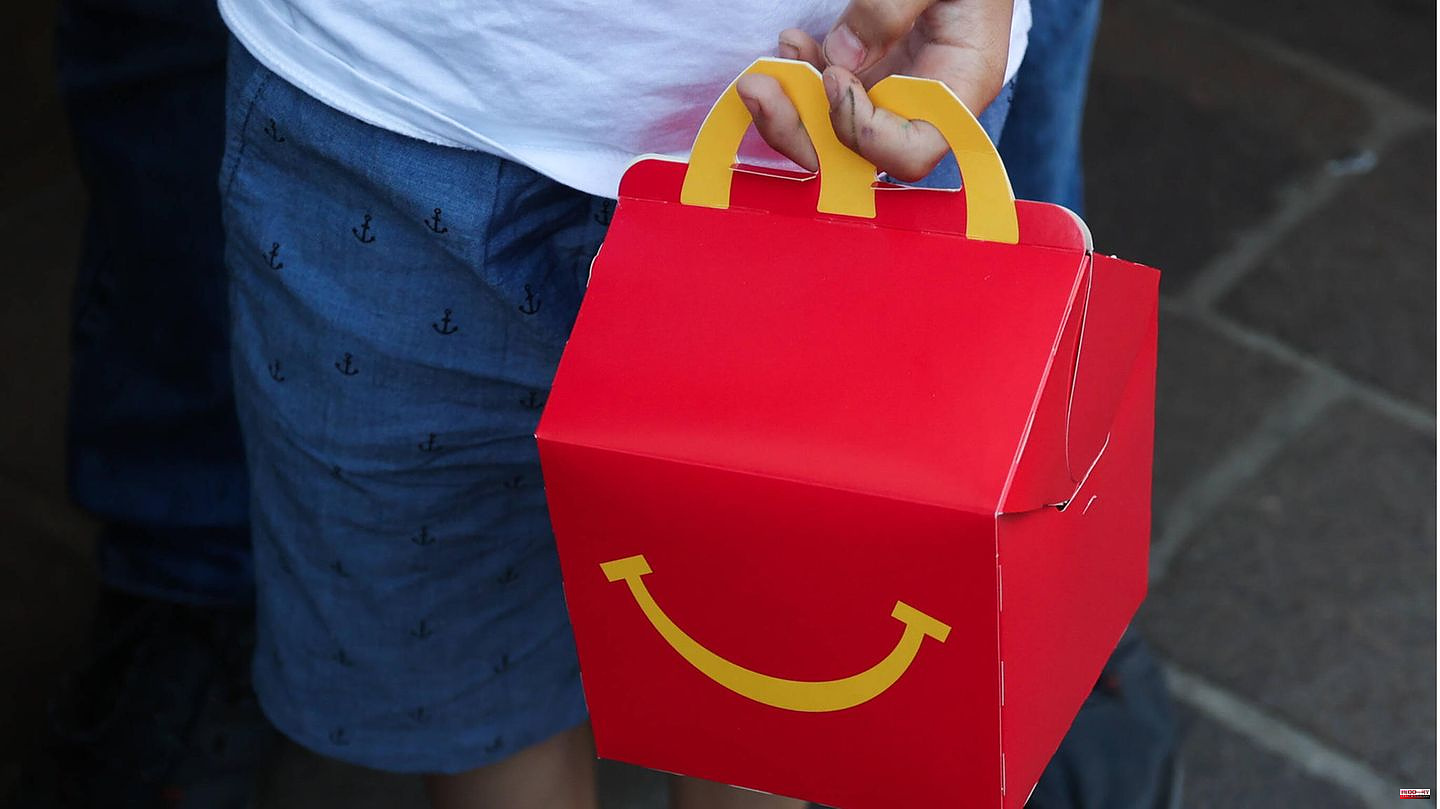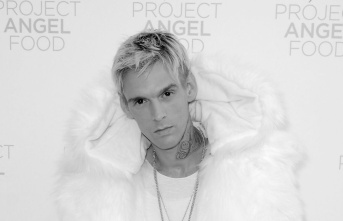For many, the Happy Meal at McDonald's is part of their childhood memories: Who hasn't annoyed their parents every time the path led past one of the restaurants with the big M, collected the toys from the packs or was allowed to eat as a reward approve a menu if you brought home a good report card or been good at the doctor's? And because it's usually nice to bring back childhood memories, McDonald's in the USA now even offers the Happy Meal for adults - with great success.
Burger, fries and a drink, that's what the classic menu looks like. Plus, of course – particularly interesting for the youngsters – changing toys as a surprise. McDonald's has thus succeeded in creating an offer that has been repeatedly adapted and modernized over the years, but has always been a reliable bestseller. This was not foreseeable at the beginning, because the Happy Meal initially had a difficult time at McDonald's.
The idea came from the late 1970s, and the man who came up with the idea was advertising expert Bob Bernstein. At that time, he was commissioned by McDonald's to develop strategies to make the fast-food chain more popular with children. In order to give McDonald's a "kid-friendly" image, Bernstein and the employees of his advertising agency suggested the Happy Meal. On the packaging there were little puzzles and games for the children because, as Bernstein recognized from the example of his own son: "Children want something to do when they eat."
At McDonald's, however, the idea was not immediately enthusiastic. Initially, the Happy Meal – the menu got its name from an advertising jingle for the chain from the 1960s – only started at selected locations: the three US cities of Kansas City, Denver and Phoenix, for $1.10. "They were a bit reluctant and didn't go straight into it," Bernstein told CNN of McDonald's response. "It took persuasion on our part".
The test was successful, however, and after a year the Happy Meal was offered throughout the USA. Despite this, many franchisees were still skeptical about the children's menu. Some found the boxes too complicated, others complained that storing the toys took up so much space. Nevertheless, the triumph of the Happy Meal was unstoppable - first in the USA and then around the world. In 1998 it also came to Germany, first under the name "Juniortüte".
The included toys played a big part in the success. This shouldn't come as a surprise to anyone who has a little experience with children (or was one themselves): Movie characters in particular, for example from Transformers, made the Happy Meal famous among the younger generation. The menu has long since been firmly anchored in the memory of a whole generation, the toys also have cult status and some achieve decent sales on Ebay. With the Happy Meal, McDonald's not only achieved high sales in the short term, but also created a significant image boost for young people.
"If you get the kids to think about McDonald's, the parents will take them there," says Bernstein, explaining his calculations, which worked out perfectly. Today, Happy Meals account for about 10 percent of total sales at McDonald's and bring the chain millions in profit every day. And: When the children get their menu, the parents often cannot resist either.
Nevertheless, the Happy Meal, like fast food in general, has of course been viewed more critically in recent years. McDonald's has been accused of contributing to childhood obesity. The company's reaction: There are now more choices, soft drinks have been completely banned, every Happy Meal now contains some form of fruit. According to CNN, the menu now contains 20 percent fewer calories than five years ago. However, it is questionable whether it can count as a healthy diet.
Nevertheless, the Happy Meal continues to enjoy great popularity. Not only children, but also their parents are enthusiastic about it: That's why McDonald's in the USA recently introduced a Happy Meal for adults - with larger portions, but also with toys in the bag. The rush was so huge that the employees in the branches could hardly cope.
Sources: CNN / McDonald's / "Forbes"







